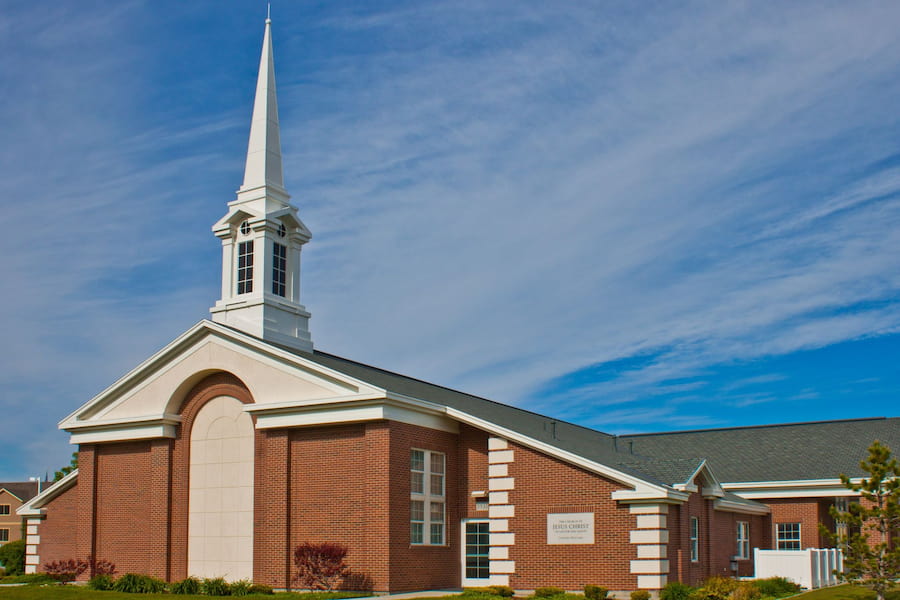Do Mormons Celebrate Easter?
When it comes to religious holidays, Easter stands out as one of the most significant for Christians worldwide. It’s a time to reflect on the resurrection of Jesus Christ and the hope it brings. But how do Mormons, members of The Church of Jesus Christ of Latter-day Saints, approach this sacred day? Let’s dive in.
Understanding the Basics: What is Easter?
Easter is the celebration of Jesus Christ’s resurrection from the dead. For Christians, it’s not just a day of festivity; it’s a profound reminder of the hope and redemption Jesus offers.
Mormonism at a Glance
Before we delve into how Mormons celebrate Easter, it’s essential to understand some basics about the Mormon religion. Mormons are Christians, and central to their faith is the belief in Jesus Christ as the Savior and Redeemer of the world.
Do Mormons Celebrate Easter?
In short, the answer is yes. By all appearances, Easter is just as significant to Latter Day Saints as it is to other Christian denominations. It’s considered a day to celebrate the resurrection of Jesus Christ, a cornerstone of the faith. For Mormons, Easter is not just a yearly event but a reaffirmation of their belief in the eternal life and the central role Jesus plays in salvation. The day serves as a reminder of the sacrifices Jesus made and the boundless love and grace offered by God to all.
What Do Mormons Do On Easter?
Easter is a day of profound spiritual significance for members of the Church Of Jesus Christ of Latter Day Saints, and while individual traditions might differ, there are common practices that many adhere to. While practices will vary from family to family, here’s a look at some typical activities:
- Church Services: On Easter Sunday, Mormons attend church services filled with hymns, prayers, and sermons centered on Christ’s resurrection. It’s a time of reverence, gratitude, and deep spiritual reflection.
- Family Gatherings: Beyond formal worship, Easter is a family affair. Families come together for meals, share discussions about Easter’s meaning, and engage in activities that bring them closer.
- Easter Egg Hunts: While some might view Easter egg hunts as secular, many Mormon families participate in this tradition. It’s a fun way for children to be part of the celebrations while also learning about the day’s deeper significance.
Do Mormons Do Easter Baskets?
The vast majority of Mormons, also known as members of The Church of Jesus Christ of Latter-day Saints, engage in Easter egg hunts and Easter basket gift-giving. While they recognize these as commercial aspects of the holiday, Latter-day Saints are mindful not to let commercialism overshadow the holiday’s true meaning. As long as activities like Easter egg hunts and basket exchanges don’t dominate the celebration, it’s common to see them participating.
Mormons & The Easter Bunny
For many around the world, the Easter Bunny and colorful eggs have become synonymous with Easter celebrations. Among Latter-day Saint families, these playful symbols might also make an appearance, primarily for the joy and delight of children. While the Church of Jesus Christ of Latter-day Saints does not officially discourage such traditions, it’s essential to note that they hold no religious significance in Mormon doctrine. As previously mentioned, for Mormons, the heart of Easter lies in its profound religious message: a celebration of the promise of eternal life through Jesus Christ. The whimsical traditions are secondary to this deeply spiritual focus.
Do Mormons Observe Ash Wednesday, Lent, or Holy Week?
Members of The Church of Jesus Christ of Latter-day Saints, do not traditionally observe Ash Wednesday, Lent, or Holy Week as many other Christian denominations do. While they deeply respect the practices and traditions of other Christian groups, these specific observances are not part of the LDS religious experience. Instead, Mormons focus on the significance of the Atonement and the resurrection of Jesus Christ, especially during the Easter season. However, individual Latter-day Saints may choose to observe these practices on a personal level for spiritual growth or reflection.
Do Mormons recognize Palm Sunday?
Palm Sunday, which commemorates Jesus Christ’s triumphant entry into Jerusalem, is observed by many Christian denominations. While Mormons, or members of The Church of Jesus Christ of Latter-day Saints, are aware of and respect the significance of Palm Sunday, it is not traditionally celebrated with the same emphasis or specific rituals as in some other Christian churches. Instead, the focus for Latter-day Saints during the time leading up to Easter is on the events of the Savior’s Atonement and Resurrection. However, individual Mormons might personally reflect on the events of Palm Sunday and its importance in the timeline of Holy Week.
Do Mormons Believe In The Resurrection?
The Church of Jesus Christ of Latter-day Saints places a significant emphasis on the resurrection of Jesus Christ. This focus is evident not only in teachings and celebrations but also in the very architecture of their places of worship.
Unlike many Christian denominations that feature crosses atop their churches, LDS churches are notably absent of this symbol. This absence is not due to a lack of reverence for the crucifixion but rather a deliberate choice to emphasize the resurrection and the living Christ. Latter-day Saints prefer to focus on the triumphant message that Christ is alive.
In place of crosses, LDS church buildings are adorned with steeples that point towards the heavens. These steeples serve a dual purpose. Firstly, they are a testament to the belief in a living Christ, emphasizing His victory over death and His current role in the heavens. Secondly, they act as a poignant reminder to the members of the church about the promise of our eventual resurrection and ascension into heaven. For Latter-day Saints, the steeple is a symbol of hope, a beacon pointing towards a future reunion with the divine and loved ones.
